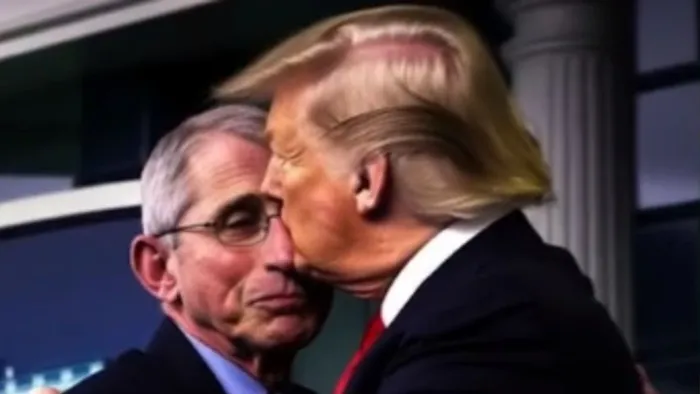FEC Moves to Ban AI-Generated Political Ads Deemed Deceptive to Voters
Commission explores AI political ad rules despite divided views
.jpg?width=850&auto=webp&quality=95&format=jpg&disable=upscale)
At a Glance
- The Federal Election Commission is exploring regulations around the use of AI to generate deceptive political campaign ads.
- It is proposing the ban even though its advisory panel was split on whether the agency can regulate AI.
The U.S. Federal Election Commission is moving to create rules that would ban campaign advertisements that use AI to deceive voters.
The FEC, which enforces rules on elections, approved a petition filed to investigate potential ways to clamp down on deceptive uses of AI in campaign ads.
The petition was filed by John Cornyn, a Republican senator from Texas. Cornyn asked the FEC to amend the regulation of fraudulent misrepresentations of political campaigns to include rules on the use of AI. He argued that AI-generated deepfakes were being used to create "convincing images, audio and video hoaxes.”
The FEC is now moving forward with Cornyn’s request, asking for comments on the proposed rule changes.
The FEC had brought together an advisory panel to explore the issue, however, that failed to reach a consensus on the matter. The commission’s panel voted 3-3 and 2-3 with one abstention on changing the misrepresentation rules to include AI uses.
Despite failing to reach an internal consensus, the FEC wants expert comment to further explore the proposed rule change. The link to publish comments will be made available via the Federal Register “at a future date” along with the deadline for comments.
AI election issues
The petition from Senator Cornyn comes at a pivotal time in democracy. As U.S. election season approaches, AI could exacerbate the misinformation and nation-state interference that dogged the 2016 and 2020 elections.
In April, the Republican Party posted a video containing a series of AI-generated images of what America would look like if Joe Biden is re-elected in 2024. The images show a dystopia with large queues of migrants trying to enter the country, rows of boarded-up shops and Chinese forces invading Taiwan.
Then in June, the first instance of a political candidate using AI-generated images to attack a rival in a political campaign surfaced. The Ron DeSantis campaign team used generated images of former President Donald Trump embracing Dr. Fauci.

One of the AI-generated images the DeSantis team used to attack the former President
More are likely to follow, with a recent study showing popular AI image generation tools largely accepting prompts that pertain to misinformation narratives, like Trump’s claim the election was ‘stolen.’
The viral AI-generated image of an explosion near the Pentagon that caused a brief stock market drop shows the potential AI could have on an already fractious 2024 election, especially considering that Trump, the Republican frontrunner, has been indicted for conspiracy to commit election fraud. Just yesterday (14 August) a Georgia grand jury indicted the former president on 41 counts including making false statements, solicitation of violation of oath by public office and conspiracy to defraud the state. Trump’s former lawyer and New York mayor Rudy Guiliani, former White House chief of staff Mark Meadows and prosecutor turned conspiracy theorist Sidney Powell were indicted.
What did the FEC panel say?
Analyzing AI’s potential impact on election campaigns, the FEC panel was largely unsure as to whether the election agency had the authority to regulate AI political ads.
Among the skeptics was Republican Commissioner Allen Dickerson, who said there was “absolutely nothing special about deepfakes or generative AI,” adding that any move to clamp down on what he called “buzzwords” would impact First Amendment rights.
Democrat commissioner Ellen L. Weintraub supported the move, arguing that the “timely” topic is an issue.
Weintraub said: “I don’t pretend that the FEC can solve all of the problems that people are concerned about in the field of AI, but it is possible that we can solve some of them.”
Read more about:
ChatGPT / Generative AIAbout the Author(s)
You May Also Like




.jpg?width=700&auto=webp&quality=80&disable=upscale)
.jpg?width=300&auto=webp&quality=80&disable=upscale)
.jpg?width=300&auto=webp&quality=80&disable=upscale)
.jpg?width=300&auto=webp&quality=80&disable=upscale)
.jpg?width=300&auto=webp&quality=80&disable=upscale)
.jpg?width=300&auto=webp&quality=80&disable=upscale)